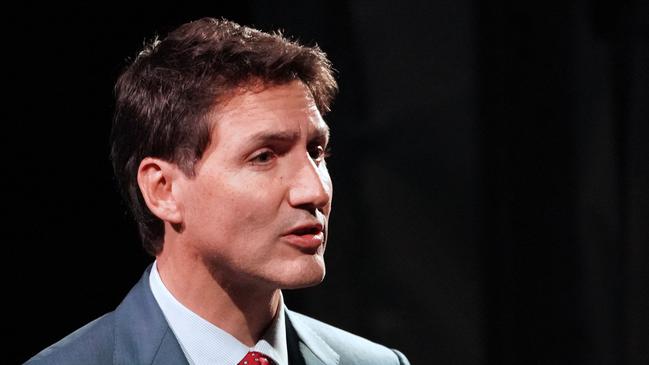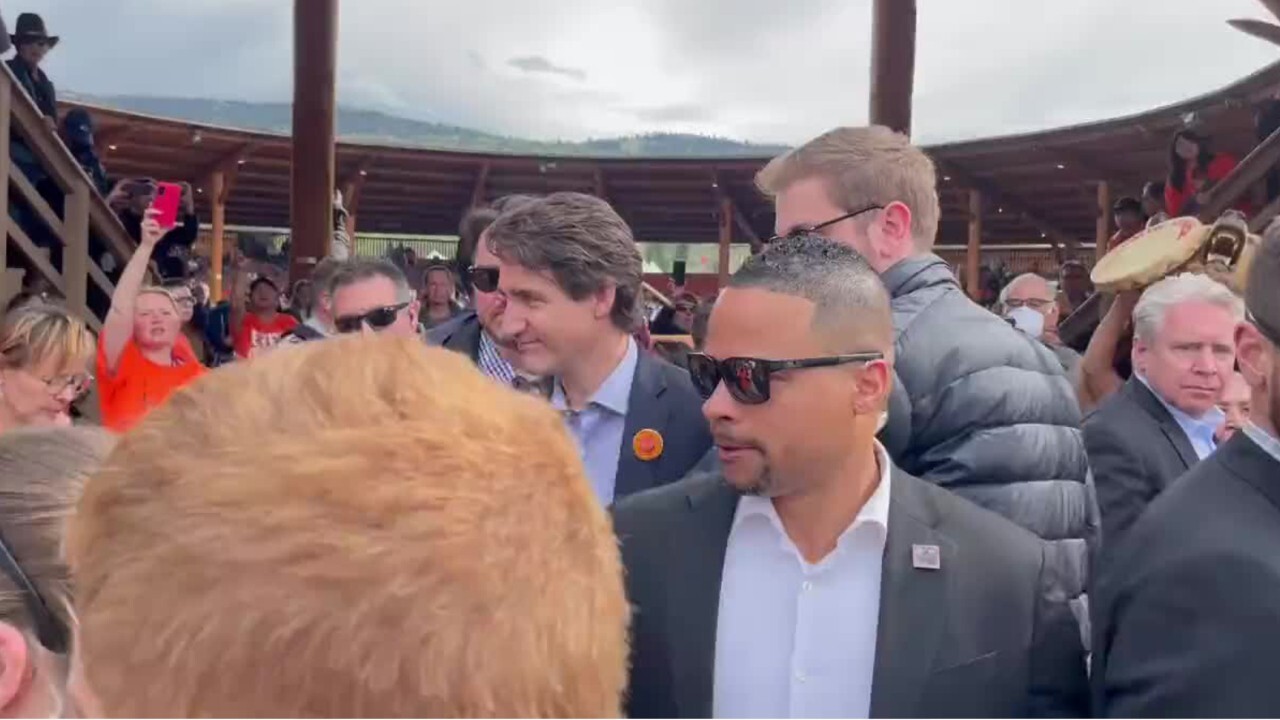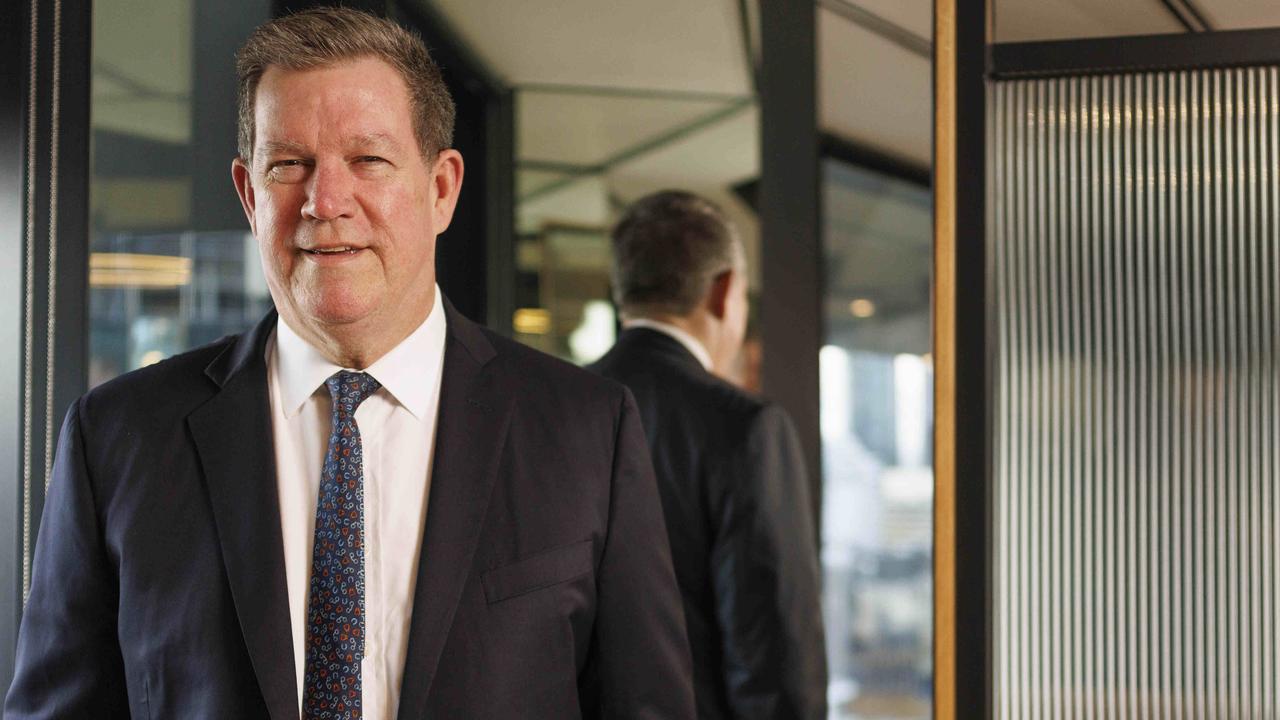Cananda model shows voice would cause ‘spending waste’
A leading Canadian scholar has warned Australia to expect a significant increase in indigenous spending following creation of a voice to parliament.

A voice to parliament would supercharge wasteful public spending on indigenous affairs, according to a leading Canadian scholar of Canada’s experience with special, race-based deliberative bodies set up to advise government.
Tom Flanagan, a senior fellow at the free-market Fraser Institute in Vancouver, one of Canada’s largest think thanks, warned Australia to expect a significant increase in spending following creation of a voice to parliament, which would resemble, he said, Canada’s Assembly of First Nations.
“I guarantee you you’ll spend more, if you set that up,” he told The Australian in an interview.
“People in Australia may dream of it being a quiet, well informed deliberative body of people, but it will become a lobby group making demands,” he added, pointing to Canada’s experience.
The Assembly of First Nations, which is largely funded by Canadian government grants, emerged in 1982 to represent the largest of the three Indian groups (First Nations people, Métis and Inuit) recognised in the Canadian constitution.

Canadian governments consult with the body, which is not enshrined in the Canadian constitution, on all legislation and rules that affect the country’s indigenous population of 1.8 million people, or around 5 per cent of the total in 2021 (around double the share of Aboriginal and Torres Strait Islanders in Australia’s population).
“Like all lobby groups it will become an insatiable source of demand for money, changes in legislation, and pursue all these things with a single-minded intensity,” Dr Flanagan suggested, also noting how indigenous spending in Canada had “exploded”.
Canadian government spending on indigenous affairs jumped from $CA11.5bn in 2016, the last year of the conservative Harper government (which Dr Flanagan advised), to about $CA25bn in 2022 – an increase in 105 per cent in six years after adjusting for inflation – according to the Fraser Institute.
“We already spend more on indigenous affairs than on Canadian defence forces,” Dr Flanagan, also an emeritus professor of political science at the University of Calgary, added.
Prime Minister Justin Trudeau, who has said “there is no more important relationship to me and to Canada than the one with indigenous peoples”, has plans to increase federal indigenous spending from 6.1 per cent in 2020 to 7.7 per cent of all federal spending by 2027.
The Albanese government has promised a referendum on a voice to parliament, an idea that emerged in 2017 from the Uluru Statement, sometime next year, an idea polls suggest has the support of most voters, even if the specifics of the advisory body remain unknown.
“Through all these decades of steadily increasing spending, the gap in living standards between first nations people on reserves and other Canadians have remained almost exactly the same,” Dr Flanagan said.







To join the conversation, please log in. Don't have an account? Register
Join the conversation, you are commenting as Logout